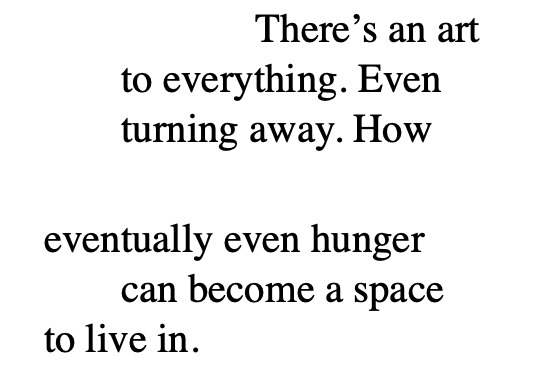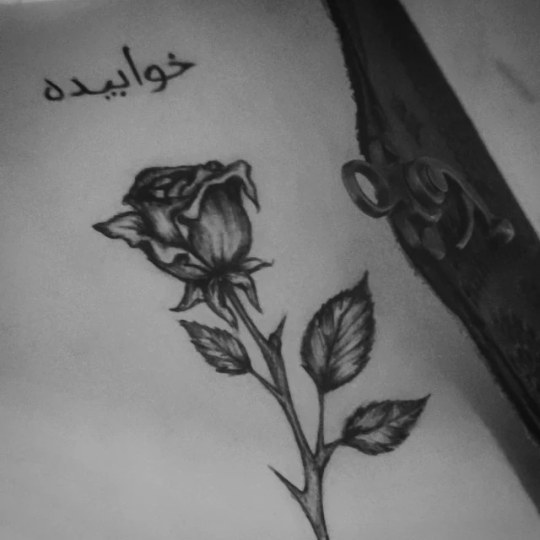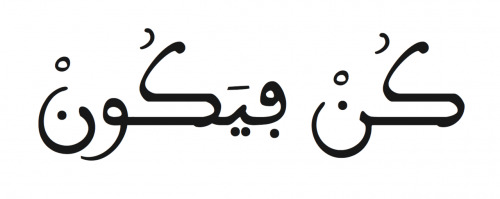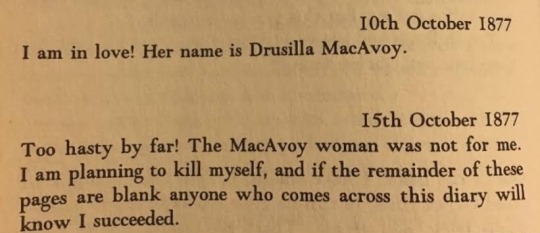Text

Edna St. Vincent Millay, from a letter featured in The Letters of Edna St. Vincent Millay
4K notes
·
View notes
Text

Carl Phillips, from “Civilization”, Then the War: And Selected Poems, 2007-2020
3K notes
·
View notes
Text

Sara Teasdale, from The Collected Poems of Sara Teasdale; "Song,"
11K notes
·
View notes
Text
In English we say:
“Out of all people you misunderstood me”
But in Urdu we say:
“Usay meri baatein ab samajh nahi aati,
Kabhi jo meri khamoshi ki tafseer likha karta tha.”
410 notes
·
View notes
Note
Hey. Can you please elaborate the meaning of your bio "bawajud e dil .... "


In the workplace of existence, the asset of the tulip is its scar;
The lightning of the harvest of comfort is the hot blood of the farmer

From bud to full bloom, it appears as the petal of contentment
Despite its collected heart, the dream of the rose is scattered.

How would the sorrow of impatience be endured by us?
The wound shows weakness in earnest and the flame has a straw in its teeth.

Bawajud-e-dil-jami khawab-e-gul pareshan hai
Is taken from the second verse of Colossus of Urdu literature — Mirza Asadullah Khan Ghalib’s Persian poem “کارگاہ ہستی میں ” where he describes the fate of the bud. [The following explanation is taken from various sources and none of it is mine.]
There are different explanations for the second verse and it is critical to read all of these to develop your own understanding of the verse.
Sarfraz K. Niazi from Ghalib.org explicates the verse as
The bud seems composed. Despite this composure, the rose is destined to a disturbed dream as it eventually withers away.

Syed Noman-ul-Haq from Dawn describes it like this:
A bud has all its petals closed up, held tight together, fully collected. Naturally, its dream is to bloom, to become a flower. But then, there is a cosmic paradox waiting to manifest itself: as soon as the bud opens up to bloom, it loses its collectedness; now its petals have lost the firm embrace of one another, thrown thereby into disconcert. What was togetherness has, in the fulfilment of the dream, turned into a scatter. Winds will further scatter the split-open bud — now a flower — by blowing away its petals, and bees and worms will invade its integrity to destruction. Recall ‘The Sick Rose’ of William Blake here: “O Rose, thou art sick ...”

As Francis Pritchett brings to our knowledge:
That is, as long as the bud openly shows its attainment of the 'provision of contentment'-- that is, its remaining happy through contentment-- how can this be known to happen? When this is the case, then the rose has, instead of 'heart-composure', 'anxiety'. And thus the bud has been used as a simile, and from that the aspect of 'heart-collectedness' is manifest. In the same way, the scattering of the petals of the opened rose makes manifest the aspect of 'disturbed'. And the rose's silence and prostration in fatigue show the state of sleep/dream. In short, since all these three states befall the rose, then despite its 'heart-collectedness', the sleep/dream of the rose remains disordered/scattered. And the cause of this disorder is that it broods, 'let's see whether in this realm of disaster the 'provision of contentment' is possible or not'.

Josh:
In barg there is an īhām . The reason is that it means 'leaf', and also 'wealth, treasure' [toshah]. In connection with the rose, barg meaning 'leaf' is the most obvious meaning. But here he has taken the remote meaning.
“What I really love about this verse is the second line. It stuck in my mind the first time I ever heard it. It has that great sense of 'mood', and so much flowingness and resonance! You don't even need the first line, in order to enjoy the second one very fully. In fact it's almost better without the first line, for then you're left to imagine for yourself the nature of the rose's restlessness in its sleep/dream. Then it's a line full of mystery, with a powerful ominousness that evokes for us our own similar fate.”
It is impossible to explicate Ghalib's poetry in a single post as he enjoys setting up fine, lucid metaphorical equations, and then subvert them or tangle them up. You can read a more detailed analysis here.

44 notes
·
View notes
Text
baith kar saya-e-gul mein 'nasir
ham bahut roye vo jab yaad aaye
~ nasir kazmi
2 notes
·
View notes
Text

ہم نے کانٹوں کو بھی نرمی سے چھوا ہے۔
Humne kaanton ko bhi narmi se chhua hai.
I have gently touched even the thorns.
—Bismil Saeedi
16 notes
·
View notes
Photo

Kon fa Yakoon in Maghribi Script
كُنْ فَيَكُونُ
Kon fa yakoon: Be and it is.
596 notes
·
View notes
Text
i am basically a hopeless romantic with trust issues
3K notes
·
View notes
Text

Palestinian artist Asmaa Aljueithni shares a photo of the only thing that survived the airstrike that left her Gaza home in ruins: one of her paintings.
3K notes
·
View notes
Text
The purest form of love is consideration. When someone thinks about how things would make you feel. Pays attention to detail. Holds you in regard when making decisions that could affect you. In any bond, how much they care about you can be found in how much they consider you
94K notes
·
View notes






